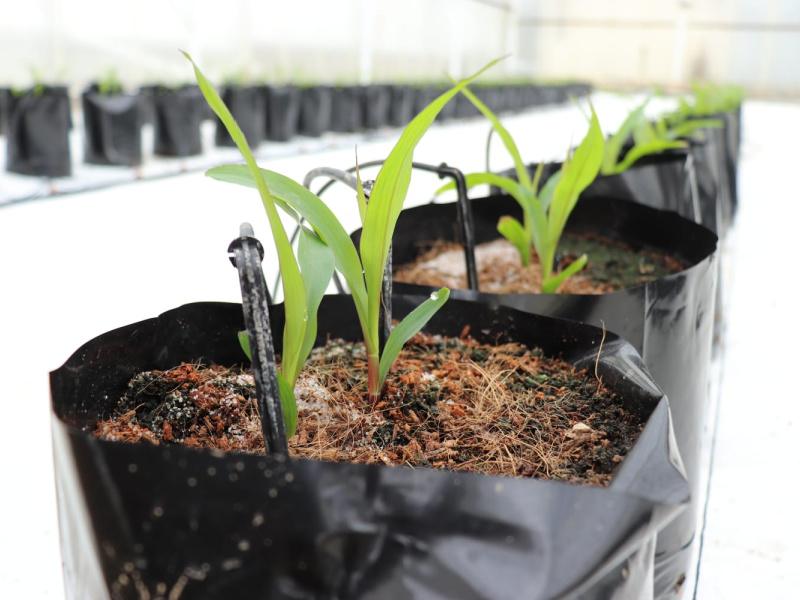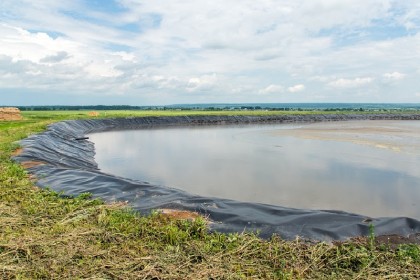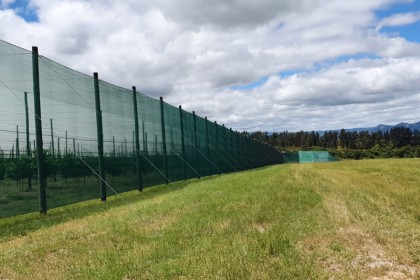
Healthy Soil Where Food Production Begins
The words “soil health” and “soil tilth” are not new in the agricultural vocabulary. In fact, these concepts are top of mind in regenerative and conservation agriculture. Regenerative agriculture focuses on harnessing the biological diversity in the soil to improve soil health, water retention and nutrient uptake.
This is precisely what 2022 World Soil Day is focusing on. The theme for 2022 is: Healthy soils: the foundation of healthy food and a better environment. World Soil Day is held annually on 5 December as a means to emphasise the importance of healthy soil and to advocate for the sustainable management of soil resources.
“Healthy soil is the foundation of productive, sustainable agriculture. Our natural resources, such as soil, form the foundation for life, biodiversity and the well-being of people across the planet. At Afrikelp® we are in the privileged position that multiple areas of our business are making a positive impact on the environment and in the agricultural sector,” says Dr Nicole Hart, Managing Director Afrikelp®.
The Food and Agriculture Organisation (FAO)’s Intergovernmental Technical Panel on Soils (ITPS) describe soil health as the ability of the soil to sustain the productivity, diversity and environmental services of terrestrial ecosystems.
“Healthy soils have the capacity to sustain plant and animal productivity, maintain or enhance water and air quality, and support animal and human life. Afrikelp® is in the business of plant health and we believe improved plant health can enhance soil health, protect the environment and contribute to increased farm productivity and crop yields,” according to Dr Hart.
Soils are living environments and healthy soils contain soil microbes such as fungi and bacteria, mesofauna such as nematodes, and macrofauna such as earthworms and larger arthropods that all play their role in translocating mineral and organic particles, and structuring the formation of aggregates through their activities. (Brussaard et al., 2007; Lavelle et al., 2006; Rashid et al., 2016).
“The use of natural biostimulants can play a role in improving soil health because biostimulants support the development of beneficial soil microorganisms. I believe our products can help global agriculture to become more nutrient and water-use efficient by assisting with improved soil health and early plant establishment, root development and yield optimisation and thus contributing to sustainable food production.”
The natural hormone auxin is a major phytohormone that controls numerous aspects of plant development and coordinates plant responses to the environment. The uniquely South African kelp species, Ecklonia maxima, is used by Afrikelp to produce Afrikelp® LG-1, a liquid kelp concentrate that offers farmers a quality biostimulant option in their crop health package. The unique composition of natural biostimulants, mainly auxin, in Afrikelp® LG-1 has a positive impact on increased root growth which strengthens the plant and results in better yields.
Plant’s living root systems stabilise the soil and help to prevent or combat water and wind erosion. Plant roots transfer energy and other by-products of photosynthesis to their roots and create specific interactions with the soil microbiome and thus redistribute carbon and nutrients throughout the entire soil profile. The deeper the roots grow, the more the soil benefits. Roots create spaces in the soil and alleviate compaction.
Trials done by Afrikelp have shown that the number of roots on crops treated with Afrikelp® LG-1 were consistently more than the control group of plants. With more roots, crops can absorb more nutrients and is therefore more resilient against disease and harsh environmental conditions. More and healthy roots also have a positive impact on soil structure and health.
Afrikelp® LG-1 is complementary to other crop or soil nutrition products and is compatible with a variety of fertilizers, insecticides, fungicides, and herbicides. Afrikelp® LG-1 can be applied through standard spraying and fertigation equipment. It can be applied as a rootstock drench, directly onto the soil in the root zone of the plant, or as a foliar spray.
“Climate change and the increasing population will test our agricultural systems in the coming years. The increasing demand for safe and sustainably produced food necessitates that the agricultural sector implements sustainable practices that will be capable of improving soil health, crop yields and quality, but at the same time foster the resilience of the agricultural sector.”
Source: https://afrikelp.com/healthy-soil-where-food-production-begins/












